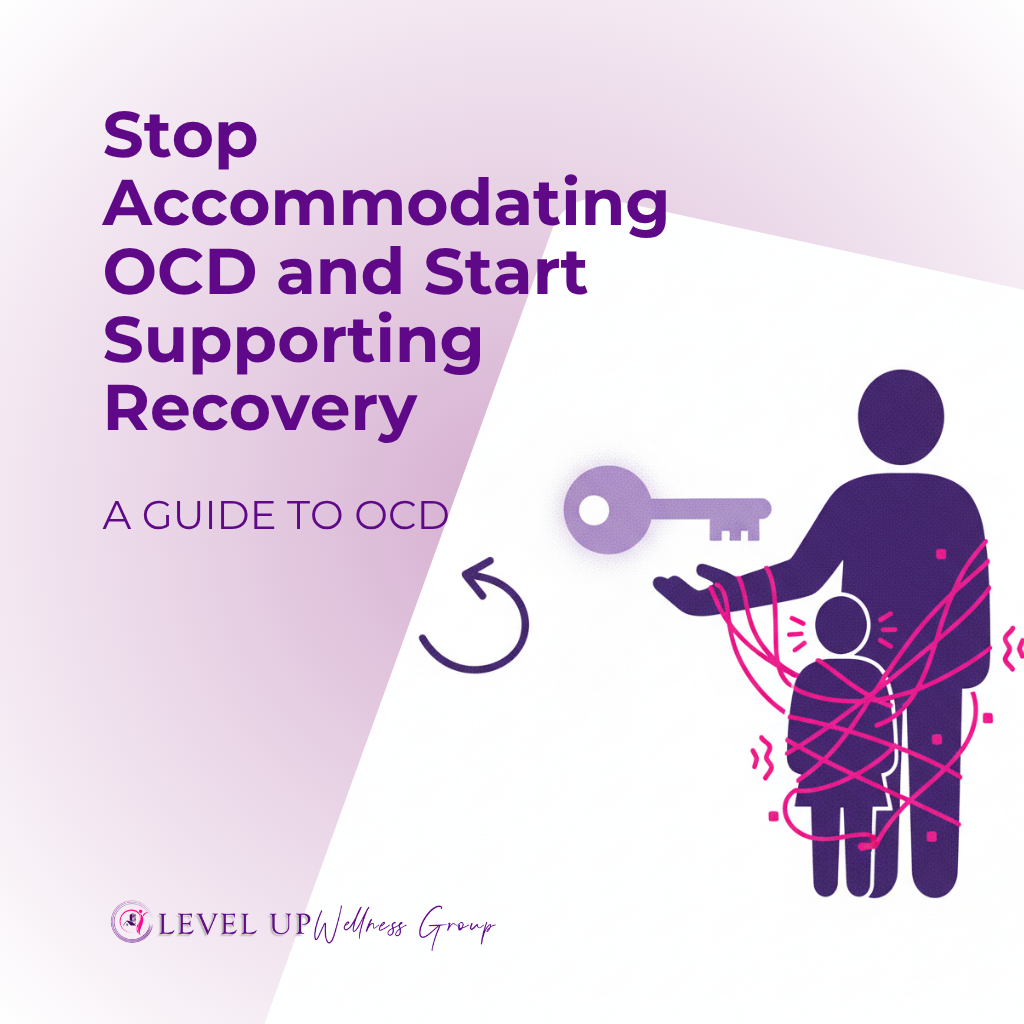
Generation Z, born between 1996-2012 is often characterized by certain traits. Some are viewed as virtuous; others are criticized in comparison to their parents’ long-held generational values and beliefs. Of course, generalizations about entire generations can’t capture the full complexity of individuals within it. Transitioning from raising children to supporting them as they become adults is a significant shift for parents, marked by changes in roles, responsibilities, and dynamics. Some observations about Gen Z’s emotional maturity are important factors to be mindful of as parents support their transition to adulthood.
Social Awareness and Openness to Diversity: Gen Z is often more socially conscious and aware of global issues compared to previous generations. This awareness can contribute to their emotional maturity by fostering empathy, understanding, and a desire for positive change. Growing up in a more interconnected world, Gen Z tends to be more accepting and open-minded toward diverse cultures, beliefs, and lifestyles. This exposure often encourages a more empathetic and understanding perspective. Parents can be proud of the kindness and concern their kids extend to others. Comparisons to “the way it was when we were that age (growing up)” are not always relevant. Parenting through this stage requires flexible thinking and effort to overcome the biases that shaped your worldview. Generational dynamics evolve rapidly. Awareness into current trends, technologies, and societal changes that affect Gen Z will help them adapt to their challenges.
Independence and a Sense of Purpose: Gen Z values independence and individuality. Parenting at this stage requires encouraging them to make decisions, solve problems, and take responsibility for their actions. Developing their autonomy and competence at this stage is critical for their psychosocial development. While offering guidance and advice may have been the default parenting move in the past, it’s likely more harmful than helpful at this stage. Be mindful of the benefits of asking questions and developing critical decision-making skills rather than providing advice or solutions. Encourage the pursuit of their diverse interests and passions and support their interests. This helps build confidence and a sense of purpose. Developing essential life skills such as financial literacy and career development requires scaffolding. Starting this process early will help them build skills as they navigate student loans, credit cards, and mortgage applications by encouraging independence and being available to offer guidance when needed. This generation lives at home longer and may move back home numerous times before they leave the nest for good. This is normal but different than previous generations. Discussing expectations and rules for cohabitation is essential to maintaining harmony. There is no right or wrong way to approach this, but it is important to have the conversation so that everyone is on the same page. Despite facing economic uncertainties, societal pressures, and global challenges, Gen Z has shown resilience and adaptability. This ability to navigate adversity can foster emotional strength and maturity.
Emotional Expression and Mental Health: While technology has its pros and cons, it has provided Gen Z with platforms to express themselves emotionally. They often use digital tools to articulate their feelings, form supportive online communities, and seek advice or share experiences. The digital age is integral to their lives, so establishing healthy boundaries and self-regulation around technology is crucial. More than ever, we must be attuned to our emerging adults’ mental health and emotional well-being. Encourage self-care practices, and coping mechanisms for stress, and let them know it’s okay to seek help when needed. Gen Z is characteristically more open about mental health struggles and seeks help more readily than previous generations. If any generation has reduced the stigma associated with mental health, it is this group. This willingness to discuss and address mental health concerns also contributes to emotional maturity by encouraging self-reflection and seeking support. Create a safe and supportive home environment where they feel comfortable expressing themselves and taking risks. Celebrate their achievements and help them learn from failures without fear of judgment.
Parenting Gen Z involves adapting to the unique challenges and characteristics of this generation while providing the support and guidance needed for their development. Emotional maturity varies widely within any generation. Factors like upbringing, culture, personal experiences, and education also significantly impact emotional development. Some Gen Z individuals may exhibit high emotional intelligence and maturity, while others may still be in the process of developing these skills. Gen Z tends to exhibit characteristics that indicate a progressive view on emotional well-being and social consciousness, which can contribute positively to their emotional maturity. Transitioning from parenting children to supporting them as adults involves finding a balance between offering support and guidance while allowing them the freedom to grow and make their own choices. Being there for them as a source of support and encouragement can help ease this transition for both you and your adult children.




